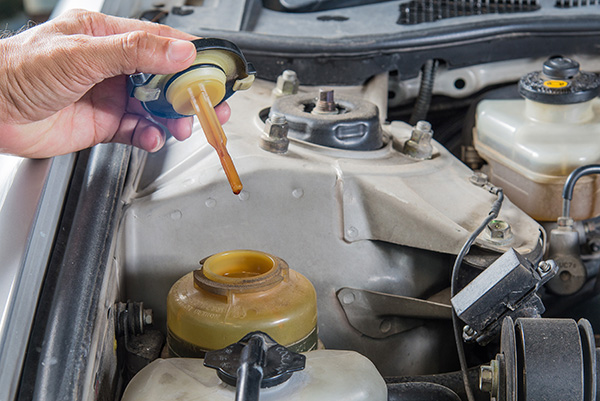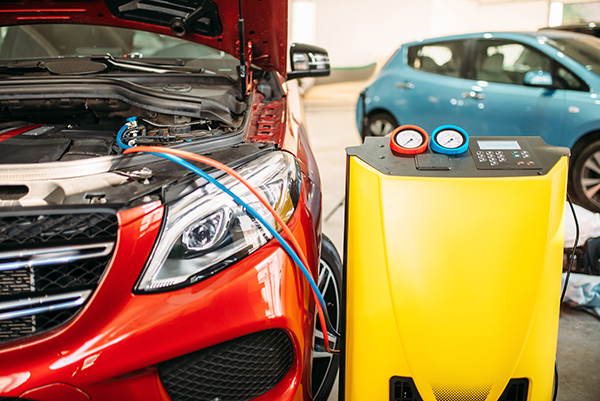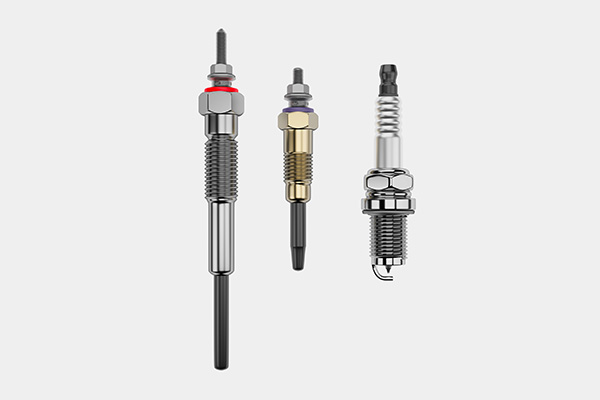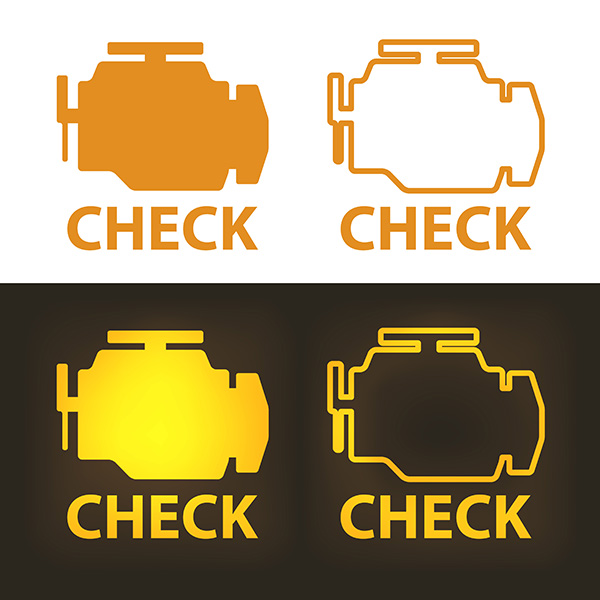Posted on 1/30/2026

Seeing a fresh spot under the front of your car can ruin your whole morning. You might not even notice anything wrong while driving at first, which makes it more confusing. Then the steering starts to feel heavier in parking lots, or you hear a faint whine when turning, and suddenly that little spot feels like a bigger deal. Power steering leaks are common, and most of them come from a few predictable places. The key is identifying where the fluid is coming from and fixing it before the system runs low and starts damaging parts that cost a lot more than the fluid itself. Where Do Power Steering Fluid Leaks Show Up Power steering components live up front, near the engine and front suspension. The pump, hoses, and steering rack are all in the area where leaks can drip straight down. Airflow while driving can also push fluid back along the underside ... read more
Posted on 12/19/2025

On a hot day, a weak A/C turns every drive into a chore. Maybe the air is just cool instead of cold, or it works fine in the morning but struggles in afternoon heat. Those small changes are usually the first signs that something in the system is on its way to failing, not just having an off day. 1. Low Refrigerant From Small Leaks The most common cause of poor A/C performance is low refrigerant. The system is sealed, so refrigerant does not get “used up” over time; it escapes through tiny leaks in hoses, fittings, O-rings, or the condenser. As the level drops, the system loses cooling power, and the compressor may start cycling more often. You might notice the air is cold when you first start driving, then turns lukewarm quickly, or it cools fine at highway speeds but blows warm at long stoplights. If we hook up gauges and see pressures pointing to low charge, that is our cue to look for dye traces, oily spots, or other clues to find the actual leak rath ... read more
Posted on 11/28/2025

Gasoline and diesel engines burn fuel in very different ways, which is why they use different plugs. Spark plugs make a timed spark to ignite a fuel and air mix in gas engines. Glow plugs warm the diesel combustion chamber so compressed air is hot enough to ignite injected fuel cleanly, especially on cold starts. Understanding how each works helps you spot issues early and choose the right service. Spark Plugs: Timed Ignition for Gas Engines A spark plug sits in the cylinder head and fires an electrical arc across its electrodes at just the right moment. The ignition coil charges, the plug sparks, and the air-fuel mixture burns from that point outward. Heat range, electrode design, and gap size are matched to the engine so the plug stays clean and the spark is strong at idle and under load. When plugs wear or foul, the arc weakens, misfires increase, and fuel economy drops. Glow Plugs: Preheating for Diesel Combustion Diesels ignite fuel by compre ... read more
Posted on 10/31/2025

The check engine light can feel vague. It turns on, the car still drives, and you are left guessing what went wrong. Sometimes it clears on its own, then returns a week later. Other times it flashes, and the engine starts to run rough. That small light is tied to a large network of sensors and controls, and it is your early notice that something in that network needs attention. What The Light Really Means The light comes on when the engine computer sees data outside the range it expects. It can be something simple, like a loose gas cap, or something more involved, like a failing oxygen sensor. The computer stores a fault code that points toward the system that needs testing. That code is the starting point, not the whole answer. A proper diagnosis looks at live data, not just the code number, to confirm the cause. Common Triggers You Can Fix Fast A few issues account for a large share of check engine visits. You ... read more
Posted on 9/26/2025

Every vehicle produces some normal sounds at highway speeds. Wind resistance, tire rotation, and engine noise are all expected. But if you start noticing a constant humming or droning sound, especially one that wasn’t there before, it may be a sign that something is wrong. Many drivers ignore these sounds, especially if the car still drives normally. The problem is that these noises can point to wear or damage in parts that are critical to your safety and comfort. Here are some of the most common causes of humming noises on the highway and how to tell the difference between a minor annoyance and a serious problem. Uneven Tire Wear or Cupping Tires that are out of balance or improperly aligned can wear unevenly. This often results in a pattern called cupping or scalloping, where patches of rubber wear down faster than others. At lower speeds, the sound might be minimal, but at 55 mph and above, it can become a rhythmic hum or even a low-pitche ... read more